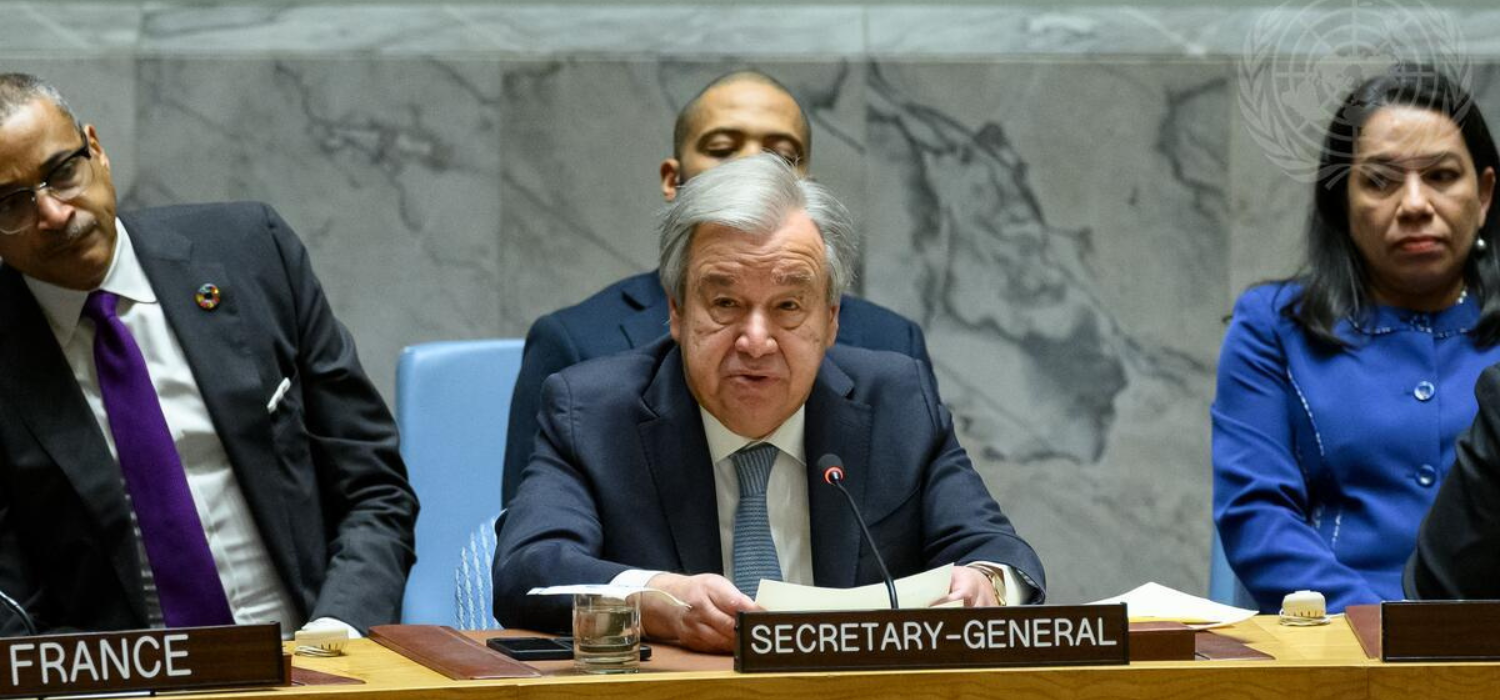SEED FUNDING JOINT PROGRAMMES
Jordan
Transforming Jordan's Agri-food System towards greater sustainability and resilience



PROJECT TITLE | Transforming Jordan's Agri-food System towards greater sustainability and resilience |
| Context | Since 2021, Jordan has placed food security and system at the forefront of its developmental goals with the adoption of the National Food Security Strategy (NFSS) for 2021–2030. The NFSS envisions access to safe, affordable, and nutritious food for all by 2030. The 2022-2024 National Food Security Action Plan for the implementation of the NFSS prioritizes food availability, improved access to and better utilization of food, and strengthening governance mechanisms. |
| PUNOs | FAO, UNIDO |
| Contribution to SDGs | SDG 2 Zero Hunger, SDG 8 Decent Work and Economic Growth |
| Contribution to other SDG transitions | Decent Jobs and Universal Social Protection |
| Duration | September 2024 – August 2025 |
| Expected financial leverage | USD 30,000 – co-financing from FAO, UNDO, MoA |
| Alignment with SG Call to Action | Policy integration; Food systems governance; Research, data, technology and innovation; Inclusive and participatory design; Private sector engagement; Financing |
| Outcomes | The JP strengthens the government’s capacity to identify and implement strategic programs that deliver positive outcomes across multiple dimensions of food systems, including production, post-harvest, processing and distribution. The JP emphasizes the inclusion of refugees, women and youth in food systems. |
| Partners |
|
| Outputs |
|
UN Secretary-General urges alignment of climate action and food systems transformation for peace and security

©UN Photo/Loey Felipe
13 February 2024: In his remarks to the Security Council High-level Open Debate on the Impact of Climate Change and Food Insecurity on the Maintenance of International Peace and Security, the UN Secretary-General emphasized the critical importance of aligning climate action with food systems transformation. He referenced the recent UN Food Systems Summit +2 Stocktaking Moment (UNFSS+2) and the Hub’s Convergence Initiative as essential components of this alignment.
The UNFSS+2, held in Rome in July 2023, served as a platform for countries to review progress on commitments to action and identify priorities for closing the implementation gap in food systems transformation. With 182 Member States present, it advocated for urgent action at scale, highlighting the role of sustainable, equitable, and resilient food systems in achieving the Sustainable Development Goals.
The Food Systems and Climate Convergence Initiative, launched during the UNFSS+2, focuses on aligning national food systems pathways with climate-related targets, including Nationally Determined Contributions and National Adaptation Plans. It aims to catalyze advancements toward climate-smart and nature-positive food systems, promoting a fair and sustainable future.
The Secretary-General underscored the urgent need to address the intertwined challenges of climate change, food insecurity, and conflict. He emphasized that aligning climate action and food systems transformation is crucial for securing sustainable development, livelihoods, and peace. The remarks reflect a call to action for governments, businesses, and societies to work together in creating food systems that are both environmentally sustainable and socially equitable.
As the world faces escalating threats from climate change and food insecurity, the Secretary-General's message highlights the importance of coordinated efforts to address these challenges and build a future free from hunger and conflict.
“A global food crisis is creating a hellscape of hunger and heartache for many of the world’s poorest people.
And the climate crisis is accelerating with a deadly force – last year was the hottest ever.
Both these facts undermine peace.”
UN Secretary-General António Guterres
Related Links:
